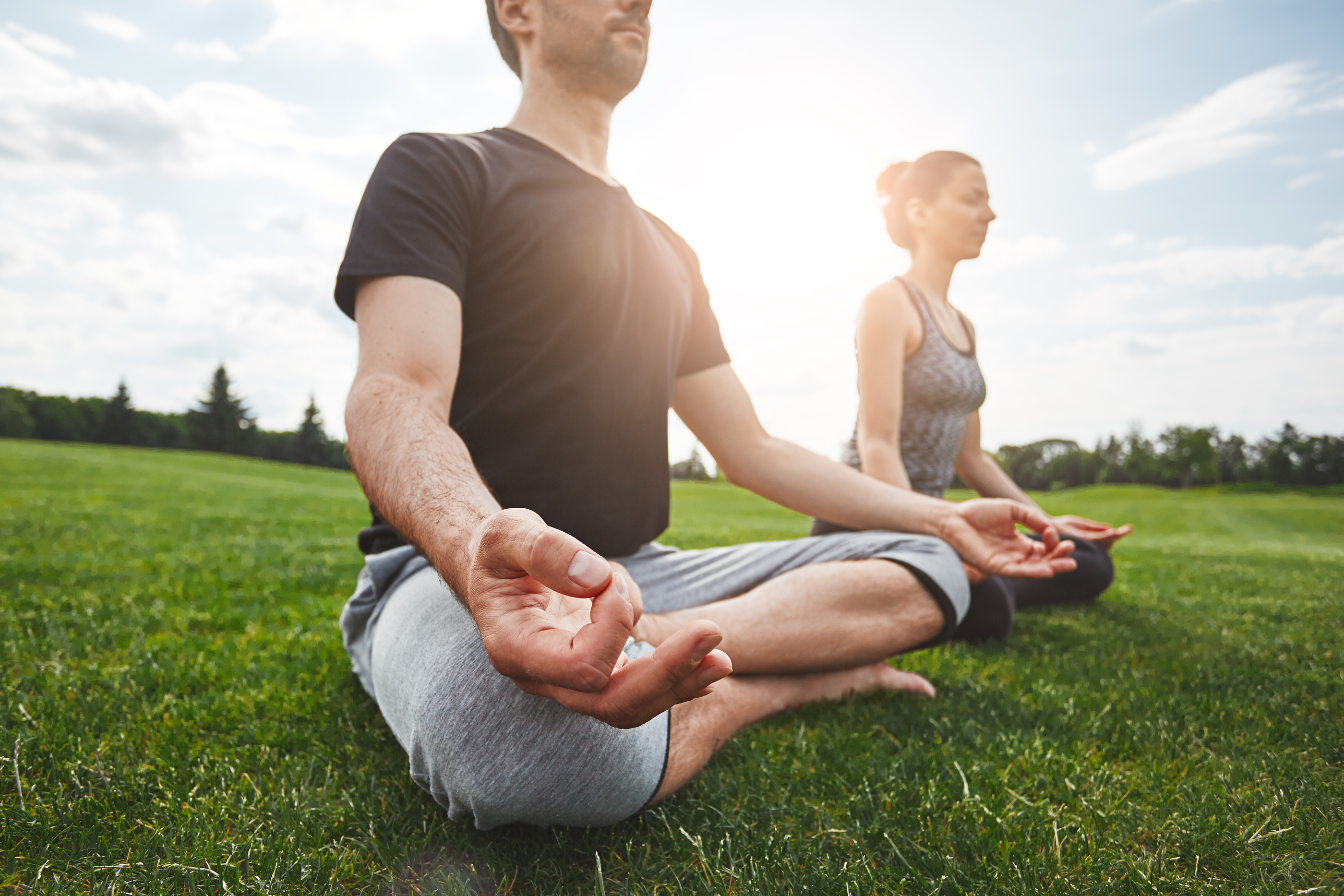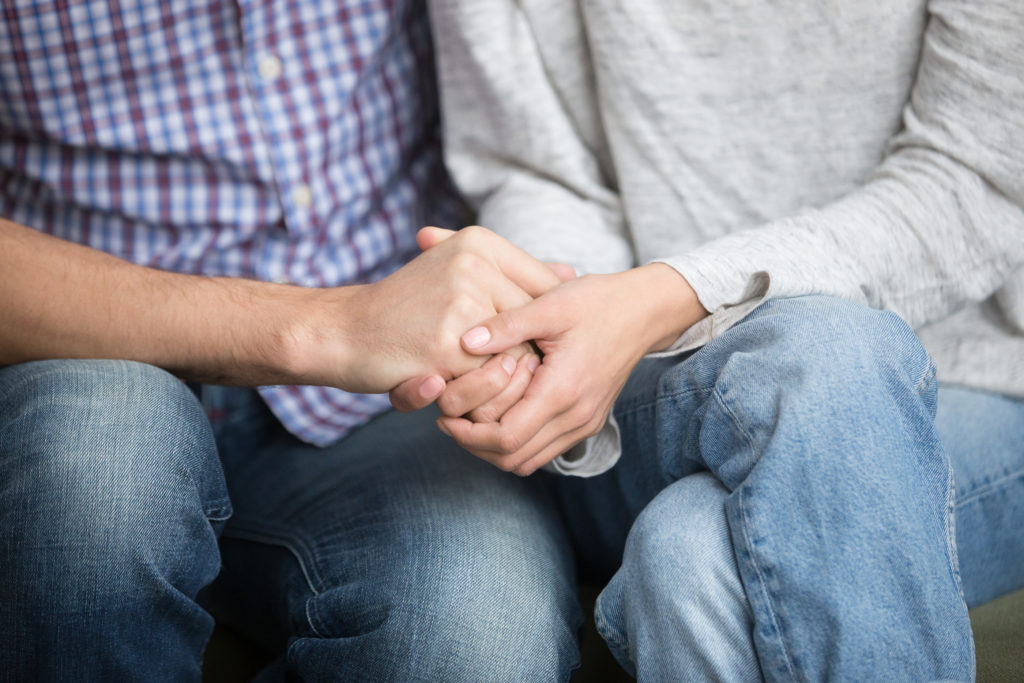
Going through substance abuse treatment and addiction recovery programs is more than just finding freedom from substances – it is a way in which you can completely turn your life around, reject the old lifestyle you once pursued and build recovery skills. These life skills are a key component to any recovery program as they provide you with the tools you need to get back into the world with a newfound strength, healthy goals and coping mechanisms that will sustain recovery for the long run.
What are recovery skills?
Recovery skills are introduced in substance abuse treatment as tools that, when used correctly, will help maintain sobriety. Certain recovery skills will help with rejecting temptation and may keep you from encountering triggers entirely. These include:
- Trigger identification: Using substances can be a way to numb feelings and escape reality. Eliminating this distraction means you’ll need to learn how to identify what you’re feeling in a given moment and why, so you can pinpoint your real needs and meet them in a healthy manner
- Stress management: Triggers and other life stressors can pull you back from wanting to use substances. Treatment helps you discover better methods of handling life’s challenges with options like meditation, exercise and rest
- Accountability: Substance use recovery isn’t meant to be a solo journey. You need a support system to keep you accountable and provide encouragement. When you feel triggered to use, reach out to trustworthy people and be honest about how you feel
- Boundaries: Come up with a plan to avoid relapse, as well as set boundaries that will help you evade triggers in the first place, such as staying away from certain situations, people and places
Other recovery skills include day-to-day practices designed to help you smoothly reenter societal life (especially if you have spent time in a residential treatment program). These life skills include:
- Job skills: Learning how to interview, build a cohesive resume and search for/find a job is a crucial part of treatment;
- Home maintenance: You might already know how to clean a bathroom, but skills learned in recovery will teach you why maintaining a clean, organized home is vital to successful sobriety
- Personal up-keep/care: Maintaining healthy hygiene, practicing self-care (like prayer/meditation, yoga, journaling, etc.), exercising and getting proper amounts of sleep will give you the energy needed to journey through recovery
- Meal prep and cooking: A healthy diet is crucial to a successful recovery, and knowing how to meal plan, cook and provide for yourself in this way will help your physical body heal from the effects of addiction
- Routine: Learning how to set and stick to a routine is one of the keys to recovery. Routines minimize boredom, keep you accountable and provide much-needed stability in your life – the best recovery programs help you build a routine that meets your needs to maximize recovery success
Overall, anything that provides a healthy and effective way to cope with life can be a recovery skill you can add to your toolbox.
How do recovery skills improve addiction treatment?
These skills are a crucial foundation in your treatment program as they teach you proper coping skills and strategies to implement when faced with the challenges and emotions of life. They keep you grounded in the present moment and give you a framework to use as you work through obstacles while remaining sober. They also offer you constant support when medication or therapy is unavailable.
Plus, the life skills provide you with tangible tools you can use when adjusting back into life outside of treatment. Not only do you learn about the benefits of proper exercise, healthy meal planning and goal-oriented routine building, but you are shown how to do these things in a way that works for you. This means that when you leave treatment, you won’t have to start entirely from scratch – all you need to do is transfer those skills you were practicing in treatment to utilizing them in the “real world.”
How they benefit life after treatment
After you receive initial treatment, you may experience self-doubt about maintaining recovery. With recovery skills, that transition is made easier. You have the skills you need to continue on the path to long-term recovery.
An added benefit of recovery skills is that they’re useful in all areas of life, not just in overcoming substance use disorders. For example, if there’s a problem at work, you can name your emotion and not be afraid to feel it, reach out to someone for wise advice and then bring up the matter with your boss in an assertive yet respectful way. Or, if you’re taking a road trip, practicing mindfulness can keep you alert and aware.
So what you learn in treatment will, in the end, benefit your life as a whole and provide you with skills you can use to maintain balance, peace and, of course, sobriety for the long term.
Seeking recovery skills?
Recovery skills training is an essential part of the substance use treatment programs at High Focus Centers. Our goal is to not only help you become substance-free but to help you create a fulfilled life after treatment to help maintain that sobriety.
To learn more about our treatment programs and counseling services, contact us by calling our offices at 800-877-3628 to get in touch with someone today.
Recent Posts
- How Mood Stabilizers Work to Restore Emotional Balance
- Trauma-Informed Approaches in Therapy: Why Understanding Trauma is Essential for Healing
- Using Art as a Voice: Exploring the Therapeutic Benefits of Creativity
- What is Xylazine?
- How Overcoming Roadblocks is Crucial to Recovery – And How Your Treatment Center Can Help




